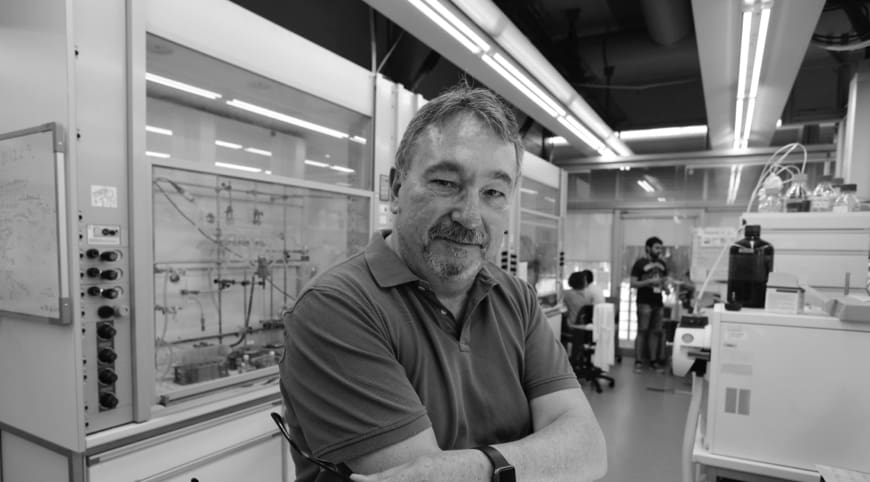Polystyrene-supported diarylprolinol ethers as highly efficient organocatalysts for Michael-type reactions
α,α-Diphenylprolinol methyl- and trimethylsilyl ethers anchored onto a polystyrene resin have been prepared by a copper-catalyzed azide-alkyne cycloadditions (CuAAC). The catalytic activity and enantioselectivity displayed by the O-trimethylsilyl derivative are comparable to those exhibited by the best known homogeneous catalysts for the addition of aldehydes to nitroolefins and of malonates or nitromethane to α,β-unsaturated aldehydes. The combination of the catalytic unit, the triazole linker, and the polymeric matrix provides unprecedented substrate selectivity, in favor of linear, short-chain aldehydes, when the organocatalyzed reaction proceeds by an enamine mechanism. High versatility is noted in reactions that proceed via an iminium ion intermediate. The catalytic behavior of polystyrene-supported α,α-diphenylprolinol methyl ether was also evaluated in asymmetric Michael addition reactions. As a general trend, the CuAAC immobilization of diarylprolinol ethers onto insoluble polystyrene resins offers important operational advantages, such as high catalytic activity, easy recovery from the reaction mixture by simple filtration, and the possibility of extended reuse.

E. Alza, S. Sayalero, P. Kasaplar, D. Almasi, M. A. Pericàs
Chem. Eur. J. 2011, 17, 11585-11595
DOI:
Go to the journal

Let's create a brighter future
Join our team to work with renowned researchers, tackle groundbreaking
projects and contribute to meaningful scientific advancements



















